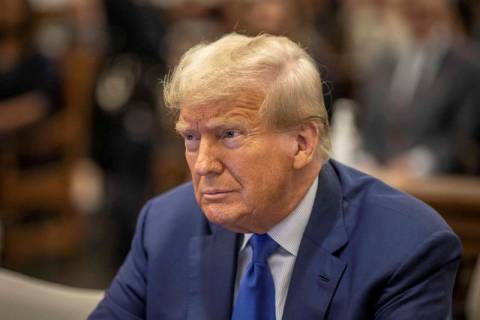WASHINGTON (Reuters) -A U.S. judge on Friday said Donald Trump does not have immunity from criminal charges for actions he took as president, rejecting a bid by the Republican to toss out the case accusing him of conspiring to overturn his 2020 election loss.

U.S. District Judge Tanya Chutkan in Washington found there was no legal basis for concluding that U.S. presidents cannot face criminal charges once they are no longer in office.
Trump, the frontrunner for the 2024 Republican presidential nomination, can immediately appeal the ruling, which could delay the trial while an appeals court and potentially the Supreme Court weigh the issue. The trial is currently scheduled to begin in March.
Chutkan’s ruling brings Trump a step closer to facing a jury on charges that he plotted to interfere in the counting of votes and obstruct Congress’ certification of his election defeat to Democrat Joe Biden.
Trump has pleaded not guilty and accused prosecutors of attempting to damage his campaign. The case is one of four criminal prosecutions facing Trump as he seeks to retake the White House.
Trump has other pending legal motions to dismiss the case based on claims that it violates his free speech rights and is legally flawed.
Because Trump is the first current or former U.S. president to face criminal charges, Chutkan’s ruling is the first by a U.S. court affirming that presidents can be charged with crimes like any other citizen.
The U.S. Justice Department has long had an internal policy not to indict a sitting president, but prosecutors said no such restrictions exist once a president leaves the White House.
Trump’s lawyers made a sweeping claim that Trump is “absolutely immune” from charges arising from official actions he took as president, arguing that political opponents could use the threat of criminal prosecution to interfere with a president’s responsibilities.
His defense team argued that the immunity U.S. presidents enjoy from civil lawsuits should extend to criminal charges.
Prosecutors contended that Trump’s argument would essentially put the U.S. president above the law, violating foundational principles of the U.S. Constitution.
(Reporting by Andrew Goudsward; Editing by Scott Malone and Daniel Wallis)
